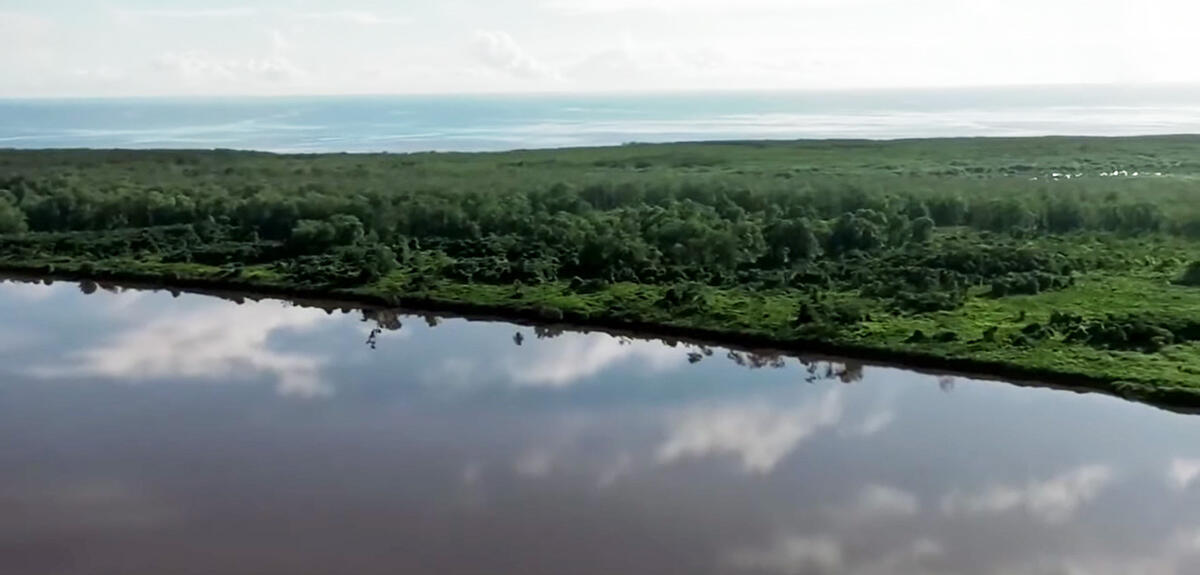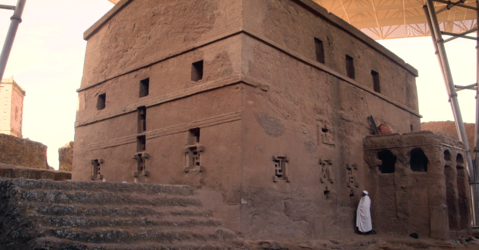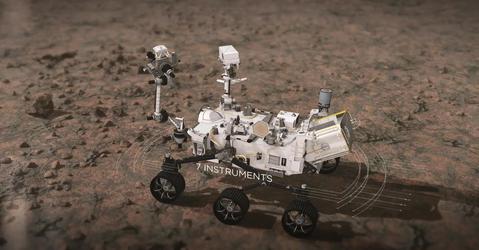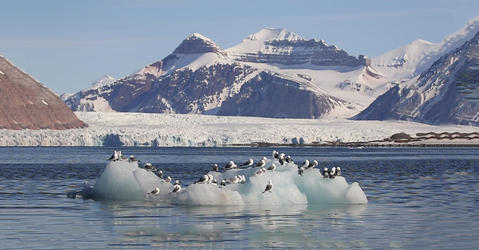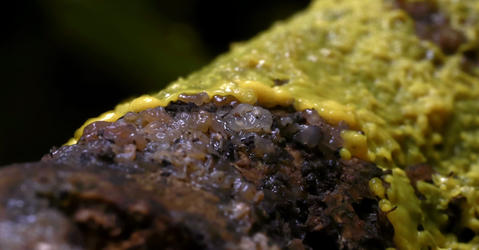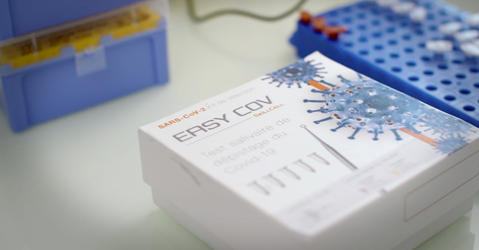You are here
Videos
Each year, some 40 billion tonnes of CO₂, one of the main greenhouse gases, are released into the atmosphere. A significant proportion of these is captured by the oceans, vegetation and the soil. The CNRS scientists are trying to better understand these natural carbon sinks, predict their evolution and also increase their storage capacity, or even envisage artificial sinks.
Recent Videos
Birds are an increasingly rare sight in our cities. In this report, researchers from the Centre for Biological Studies of Chizé (CEBC) investigate the problems – noise, light, lack of food – that...
Eleven churches carved from a rock, centuries of history and a mystery that remains. An ambitious research programme tries to unveil the complex past of Lalibela, the largest christian site in...
In this animated video, discover the SuperCam instrument, developed by teams from the CNRS, the CNES and their French and international partners, and embarked on the Perseverance which landed on...
Waterproofing, fire-proofing and non-stick coating. These technologies bring safety and comfort to our daily lives, but are based on chemicals called per and polyfluoroalkyl substances or...
A network of cells that can learn and adapt...and all this without a brain! The Blob continues to fascinate scientists like Audrey Dussutour, who has studied it for years. She hopes that it will...
Scientists have developed an easy and cheap solution to Covid-19 testing. The saliva-based test EasyCov can be done anywhere, and provides accurate results in under an hour.


